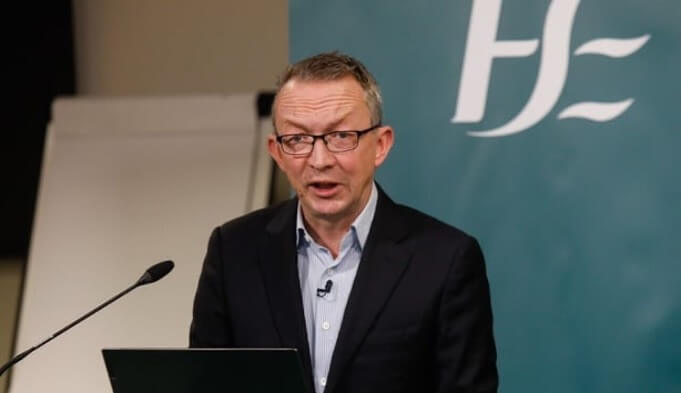
A number of hospitals across Ireland will soon be equipped to carry out virtual assessments of bone fractures, which will allow patients with relatively minor injuries to bypass the need to see an orthopaedics consultant in person. These virtual fracture clinics are just one of the modernised care pathways which will help reduce waiting lists, improve the quality of patient care and are a “key milestone in healthcare reform.” – according to Deirdre McNamara, HSE Director, Strategic Programmes.
Less than 40% of fracture patients are estimated to then require further follow up at an orthopaedic clinic, and the remaining 60% or more can be discharged with continuing care instructions.
With these new virtual assessments, a clinical specialist physiotherapist will review orthopaedic waiting lists at each hospital and recommend specific patients, as appropriate, to see physiotherapy and nursing staff rather than a consultant.
The virtual fracture clinics are just one of the modernised care pathways that introduce integrated models of care across acute and community settings. Describing the pathways as a “key milestone in healthcare reform,” Deirdre McNamara, said that “36 modernised care pathways across 15 specialties have been approved for roll-out this year. “As part of our commitment to improve access to scheduled care services, the first 7 modernised care pathways are already being implemented across the country.”
The roll-out of the pathways will lead to new roles across Ireland for advanced nurse practitioners, clinical nurse specialists, and managers, as well as psychologists, dieticians, speech and language therapists, social workers, occupational therapists, physiotherapists, registrars, and consultants.
Deirdre said that by “streamlining referral processes, embracing new tools in e-healthcare and allowing for more care to be delivered in the community by advanced nurse practitioners and allied health professionals, modernised care pathways would help reduce waiting lists and improve the quality of patient care.
“Priority focus is on specialties with the most significant waiting lists. In orthopaedics we are introducing virtual fracture clinics, in urology we are focusing on lower urinary tract symptoms and continence, while in ophthalmology we are addressing paediatric eye care, cataracts and medical retina issues.”
Dr Colm Henry, HSE Chief Clinical Officer, said that the pathways will “broaden the points of access to healthcare, ensuring that patients are seen earlier and progress through a simplified journey towards definitive treatment, often within the community alone. The pathways are consistent with Sláintecare principles, ensuring patients are seen in a more timely manner and by a healthcare team that transcends hospital-community barriers.”
Deirdre said that the project in its entirety was a “massive effort in clinical leadership that will include the commencement of additional pathways across a number of other specialties including rheumatology, neurology and dermatology.”

